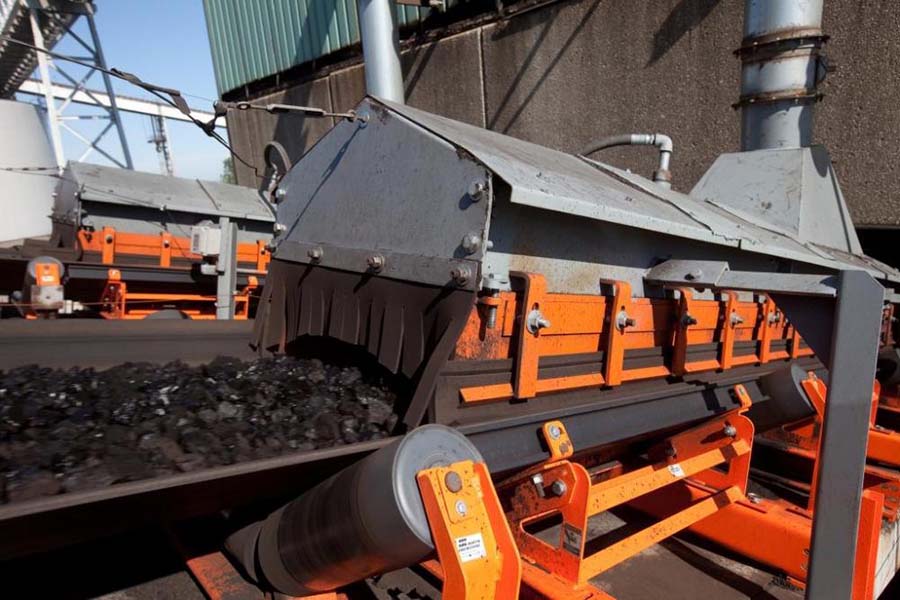
-
 Afrikaans
Afrikaans -
 Albanian
Albanian -
 Amharic
Amharic -
 Arabic
Arabic -
 Armenian
Armenian -
 Azerbaijani
Azerbaijani -
 Basque
Basque -
 Belarusian
Belarusian -
 Bengali
Bengali -
 Bosnian
Bosnian -
 Bulgarian
Bulgarian -
 Catalan
Catalan -
 Cebuano
Cebuano -
 Corsican
Corsican -
 Croatian
Croatian -
 Czech
Czech -
 Danish
Danish -
 Dutch
Dutch -
 English
English -
 Esperanto
Esperanto -
 Estonian
Estonian -
 Finnish
Finnish -
 French
French -
 Frisian
Frisian -
 Galician
Galician -
 Georgian
Georgian -
 German
German -
 Greek
Greek -
 Gujarati
Gujarati -
 Haitian Creole
Haitian Creole -
 hausa
hausa -
 hawaiian
hawaiian -
 Hebrew
Hebrew -
 Hindi
Hindi -
 Miao
Miao -
 Hungarian
Hungarian -
 Icelandic
Icelandic -
 igbo
igbo -
 Indonesian
Indonesian -
 irish
irish -
 Italian
Italian -
 Japanese
Japanese -
 Javanese
Javanese -
 Kannada
Kannada -
 kazakh
kazakh -
 Khmer
Khmer -
 Rwandese
Rwandese -
 Korean
Korean -
 Kurdish
Kurdish -
 Kyrgyz
Kyrgyz -
 Lao
Lao -
 Latin
Latin -
 Latvian
Latvian -
 Lithuanian
Lithuanian -
 Luxembourgish
Luxembourgish -
 Macedonian
Macedonian -
 Malgashi
Malgashi -
 Malay
Malay -
 Malayalam
Malayalam -
 Maltese
Maltese -
 Maori
Maori -
 Marathi
Marathi -
 Mongolian
Mongolian -
 Myanmar
Myanmar -
 Nepali
Nepali -
 Norwegian
Norwegian -
 Norwegian
Norwegian -
 Occitan
Occitan -
 Pashto
Pashto -
 Persian
Persian -
 Polish
Polish -
 Portuguese
Portuguese -
 Punjabi
Punjabi -
 Romanian
Romanian -
 Russian
Russian -
 Samoan
Samoan -
 Scottish Gaelic
Scottish Gaelic -
 Serbian
Serbian -
 Sesotho
Sesotho -
 Shona
Shona -
 Sindhi
Sindhi -
 Sinhala
Sinhala -
 Slovak
Slovak -
 Slovenian
Slovenian -
 Somali
Somali -
 Spanish
Spanish -
 Sundanese
Sundanese -
 Swahili
Swahili -
 Swedish
Swedish -
 Tagalog
Tagalog -
 Tajik
Tajik -
 Tamil
Tamil -
 Tatar
Tatar -
 Telugu
Telugu -
 Thai
Thai -
 Turkish
Turkish -
 Turkmen
Turkmen -
 Ukrainian
Ukrainian -
 Urdu
Urdu -
 Uighur
Uighur -
 Uzbek
Uzbek -
 Vietnamese
Vietnamese -
 Welsh
Welsh -
 Bantu
Bantu -
 Yiddish
Yiddish -
 Yoruba
Yoruba -
 Zulu
Zulu
Advanced Custom Thread Rolling Machines for Precision Manufacturing Solutions
Custom Thread Rolling Machines Enhancing Precision and Efficiency in Manufacturing
In today's fast-paced manufacturing environment, precision and efficiency are paramount. Custom thread rolling machines have emerged as indispensable tools for industries requiring high-quality, precision-engineered threaded components. These machines enable manufacturers to produce a wide range of threaded products, from screws and bolts to specialized fasteners, with unparalleled accuracy and minimal waste.
What is Thread Rolling?
Thread rolling is a cold-forming process that transforms a cylindrical blank into a threaded component through the application of pressure using matched rolling dies. The process does not cut or remove material; instead, it displaces the material, resulting in stronger threads due to the work-hardening effect. As a result, thread rolling is preferred over traditional machining methods for producing large quantities of threaded parts.
The Advantages of Custom Thread Rolling Machines
1. Increased Production Rates Custom thread rolling machines are specifically designed to meet the unique needs of manufacturers. Their ability to perform high-speed operations significantly increases production rates, allowing businesses to meet tight deadlines without sacrificing quality.
2. Cost-Effectiveness By producing parts with minimal waste and reducing the need for expensive cutting tools, thread rolling machines can significantly lower production costs. Custom machines can further optimize this process by tailoring the design and capabilities to the specific requirements of a manufacturer, ensuring an even lower cost per unit.
3. Improved Precision Custom thread rolling machines offer superior accuracy compared to conventional methods. Advanced technologies such as CNC (Computer Numerical Control) allow for precise control of the rolling process, which minimizes the risk of defects and ensures that each part meets exact specifications.
custom thread rolling machine

4. Versatility Custom thread rolling machines can be designed to handle a variety of materials, including steel, stainless steel, aluminum, and exotic alloys. Additionally, they can produce different thread types and sizes, making them suitable for diverse applications across multiple industries, including automotive, aerospace, construction, and electronics.
5. Enhanced Quality The cold-forming nature of thread rolling results in threads that are typically stronger and more durable than those produced by cutting methods. This is crucial for applications where high tensile strength and resistance to wear are essential.
Customization A Key Factor for Success
The ability to customize thread rolling machines is a game-changer for manufacturers. Custom machines can be designed with specific features such as adjustable speeds, different die configurations, and automatic loading systems. This flexibility allows manufacturers to not only improve their production efficiency but also adapt to changing market demands and specific client needs.
Moreover, investing in a custom machine can enable manufacturers to innovate and expand their product offerings. For instance, a custom machine can be equipped to produce threads with unique profiles or complex geometries, opening doors to new market opportunities.
Conclusion
As industries continue to evolve, the demand for precision-engineered threaded components will only increase. Custom thread rolling machines stand at the forefront of this manufacturing revolution, offering manufacturers the tools they need to enhance efficiency, reduce costs, and improve product quality. By embracing customization and the latest technological advancements, businesses can ensure they remain competitive in an ever-changing marketplace. With the right investment in custom thread rolling technology, manufacturers can achieve both immediate and long-term success.
